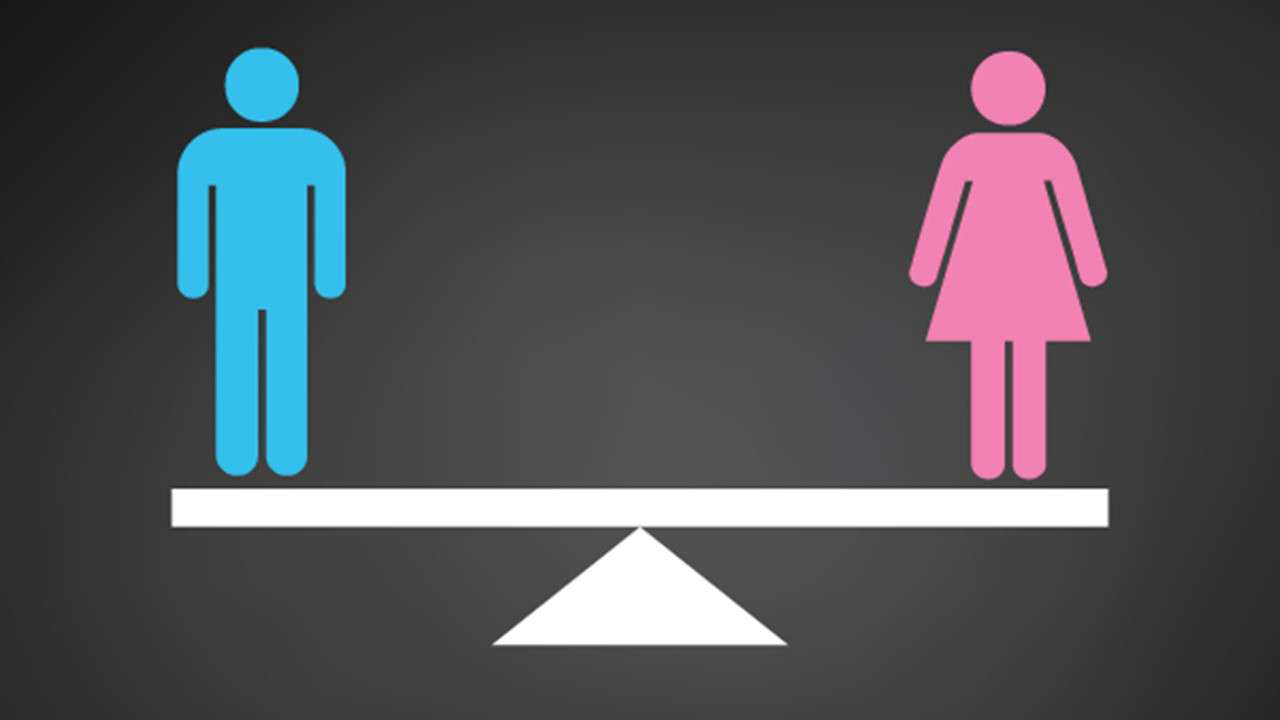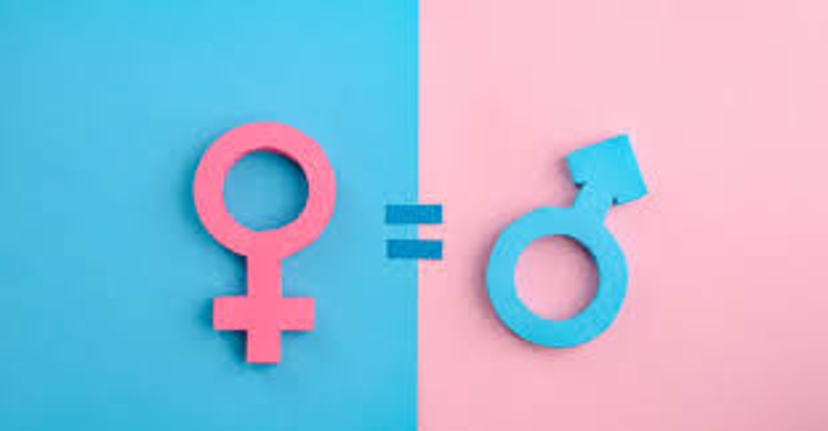
No country has yet achieved full gender equality and girls across the planet still suffer from discrimination and unequal rights and opportunities.
The situation is mostly worst in developing countries where harmful patriarchal traditions, including child marriage and feminine genital mutilation, remain the norm. Globally, one in four girls doesn't attend school, and one in five girls is married before her 18th birthday. Child marriage robs girls of a bright future and brings a high risk of death and injury associated with pregnancy and childbirth. In most developing countries, a woman's ability to see the amount and spacing of her children is proscribed or non-existent.
Even in many high-income countries, women often get paid but men for the identical jobs, face gender-based discrimination and violence, and suffer from misogynistic attitudes and sexist policies that restrict their autonomy over their own bodies.
When it involves discussions about gender equality, it isn’t uncommon for somebody within the room to mention, “What about the men?” Achieving gender equality has been difficult thanks to the underlying belief that giving women more rights and freedom somehow takes rights far from men. the truth, however, is that gender equality is sweet for everybody. In Liz Plank’s essay, which is an adaption from her book For the Love of Men: A Vision for Mindful Masculinity, she explores how in Iceland, the #1 ranked country for gender equality, men live longer. Plank lays out the research for why this can be, revealing that men who hold “traditional” ideas about masculinity are more likely to die by suicide and suffer worse health. Anxiety about being the sole financial provider plays an enormous role during this, so in countries where women are allowed education and equal earning power, men don’t shoulder the burden alone.
Some of the most visible examples of gender inequality and discrimination come from “Me Too” memories. Women are coming ahead in big numbers pertaining to how they’ve been harassed and abused with the aid of men who have power over them. Most of the time, installed systems shield these men from duty.
The job of this discussion about gender equality is to break all the boundaries and limitations set by the family, society, and the world for both men and women, to attain their goals independently. From ancient times, there are certain stereotypes and roles set for the different gender like men are for bringing money to the house and women are for doing household works, looking after the family, etc.
We see in many cases that women won’t get a good education, or they are denied their rights, this discussion will help both the family and women to understand their rights.
- By offering gender equality in areas of health services, education, job, and involvement in administrative and monetary decision-making practices will ultimately benefit in attaining economic sustainability overall.
- Numerous global organizations emphasize the significance of gender equality as a motivation for resolving several demographics, economic, and other issues.
- Gender Equality and its importance: Although our spiritual beliefs consider females as a deity, we fail to identify her as a human first.
Conclusion
- Now, positive growth can be seen in the region of gender equality (comprising equal rights to girls and boys for primary education).
- There is a definite necessity to make our legal and regulatory framework stronger for fighting the deep-embedded practice of gender inequality.
But, still, there are some parts of the world in which the girls and women are continuing to suffer from violence and discrimination.

